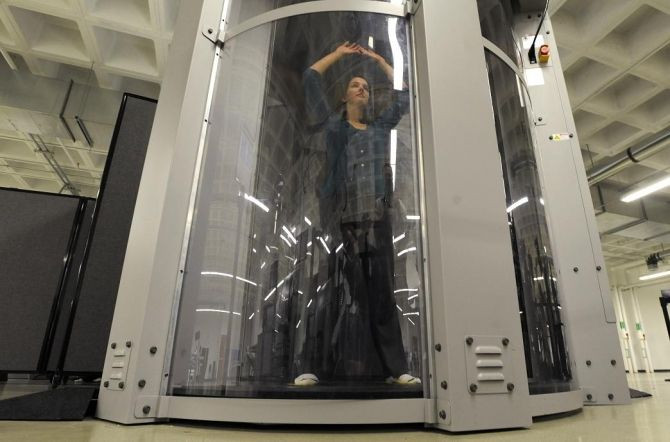One Fifth Would Refuse Airport Full Body Scans: Survey

A nearly a quarter of people in the US say they would refuse full body scans that use new airport body scanners and nearly 15 percent of Americans are concerned that new airport security measures will negatively affect their health, according to a poll conducted by Thomson Reuters and NPR.
The health poll asked respondents for their opinions and concerns regarding new scanners. It found that 22.6 percent were afraid of exposure to radiation, 17.1 percent were felt were concerned with person privacy violations, 13.3 percent felt like scanners violated their 4th Amendment rights.
Only 7.8 percent of participants said they have health concerns related to flying. Eleven percent said they get sick as a result of air travel, while 21.1 percent were afraid of crashing. Sixteen percent were afraid of contracting the flu.
Fewer participants cited air quality, anxiety or blood clots as a health concern associated with flying.
"While I applaud the survey participants' concern with radiation exposure, these scanners are safe. Based on the amount of radiation these machines produce, a traveler would have to take 2,000 plane rides before being subjected to the equivalence of a single chest x-ray," said Raymond Fabius, the chief medical officer at the healthcare business of Thomson Reuters, in a statement.
"The much more serious health concerns associated with flying are exposure to communicable illnesses and blood clots during long air excursions. By avoiding traveling when sick and exercising in your seat, these risks can be minimized," Fabius said.
Published by Medicaldaily.com



























